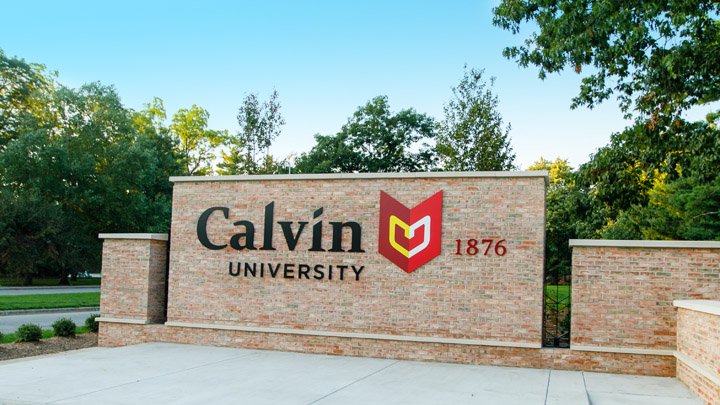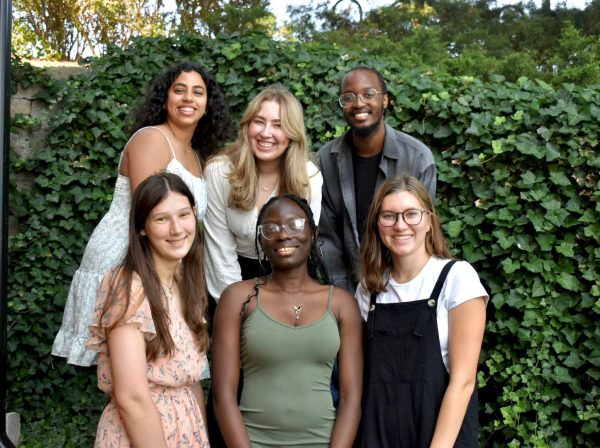University to freeze tuition costs in 2023-2024
Calvin announced a tuition freeze for the 2023-2024 academic year last week. The freeze will keep the cost of tuition for the 2023-2024 academic year at the same rate as the current academic year. The “Freeze in ‘23” will be available to current and incoming degree-seeking undergraduate and graduate students.
Calvin tuition for the 2023-2024 year is set to be $38,370 for full-time undergraduate students. In addition to other fees, including room and board, the total cost of attending Calvin can amount to over $50,000 for traditional undergraduate students who live on campus. Tuition for graduate students varies by program, from $585 to $920 per credit hour.
The tuition freeze is an attempt to support students better, according to a press release from the university.
“Freezing tuition is one tangible way we can say to students: we see you, we value you, and we will stand in the gap to ensure your Calvin journey is affordable,” Bruce Los, chair of the board of trustees, said in a statement.
Freezing tuition is one of a variety of strategies Calvin has implemented in recent years to combat falling undergraduate enrollment. These strategies have included increased visit grants for prospective students who tour campus, the elimination of standardized test score requirements for applicants, the addition of new sports programs and academic cohorts, the introduction of the Calvin Promise, which guarantees at least $21,000 a year in financial aid to applicants with a high school GPA of at least 3.8, and investment in more opportunities for nontraditional students.
Freezing tuition costs is not a new phenomenon for universities in the United States; universities across the country have chosen to implement this strategy to help attract and retain students during and post-pandemic. In 2020, Central Michigan University instituted its first tuition freeze since 1993. The same year, Oakland, Western Michigan and Saginaw Valley State universities all announced tuition freezes for the next school year.
In 2022, Hope College announced a tuition freeze — the “Anchored Tuition Pledge.” Unlike Calvin’s tuition freeze, which will match all students’ tuition cost next year to this year’s cost, Hope’s tuition freeze ensured that students’ tuition costs would not increase from the amount they paid their first academic year. In other words, students knew that the cost of tuition for their incoming year would stay consistent for the remainder of their time at Hope.
For Hope, the “Anchored Tuition Pledge” was a component of the “Hope Forward” initiative, the goal of which is to fully fund students’ tuition through an endowment at the college, with the expectation that students will invest back in Hope after graduation. In order to fully fund the program, Hope estimated last year that the endowment still needed to be raised by $1.1 billion.
For Calvin, the approval process for the freeze took place in two stages. In fall 2022, the board of trustees approved the freeze for undergraduate students. The freeze for graduate students was approved at the board’s January meeting last week. It is not yet clear how the freeze will impact the university’s expected revenue for the coming year or how the university plans to compensate for any decrease in expected revenue due to the freeze.
Calvin administrators hope that ensuring tuition costs for the next academic year do not go up will allow students and their families to feel more confident about attending the university.
“This tuition freeze will help new students choose Calvin, and help our current students return with confidence,” President Wiebe Boer said in a statement.









